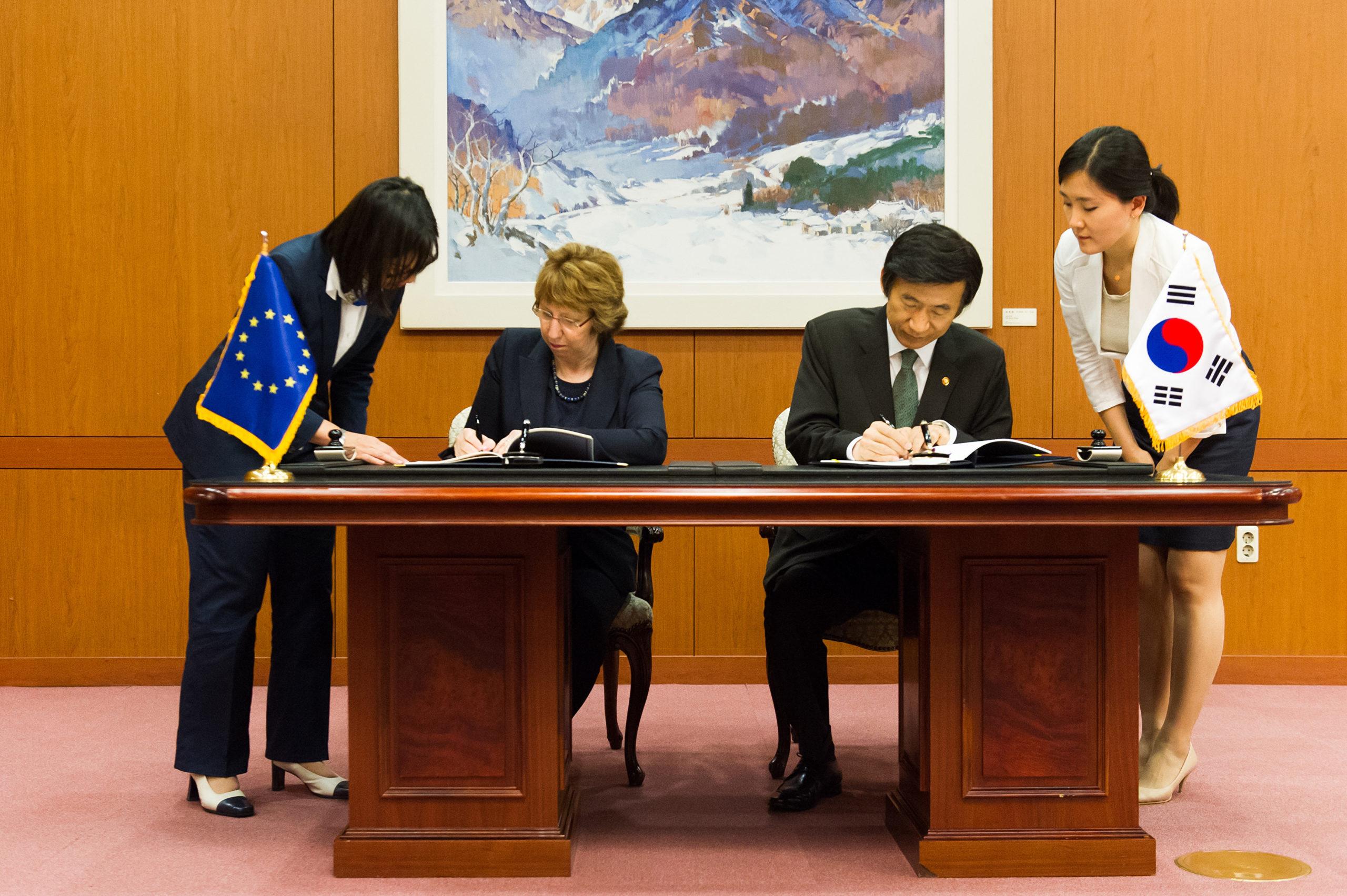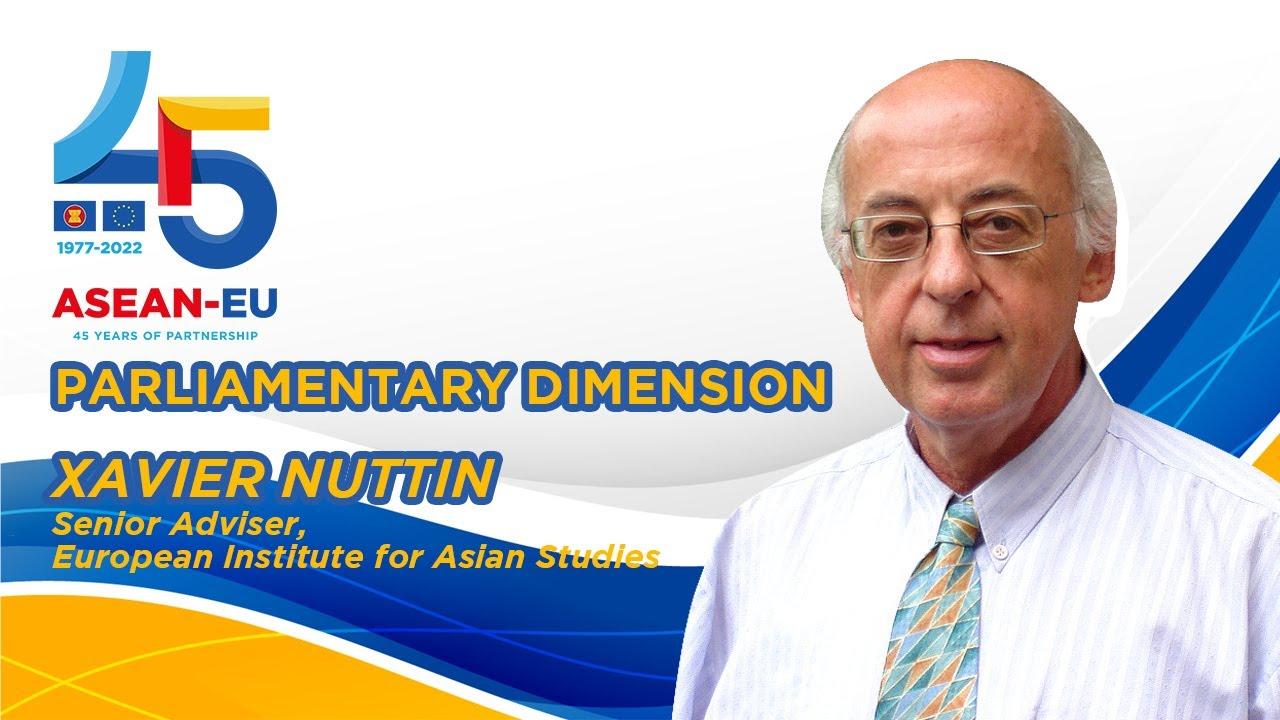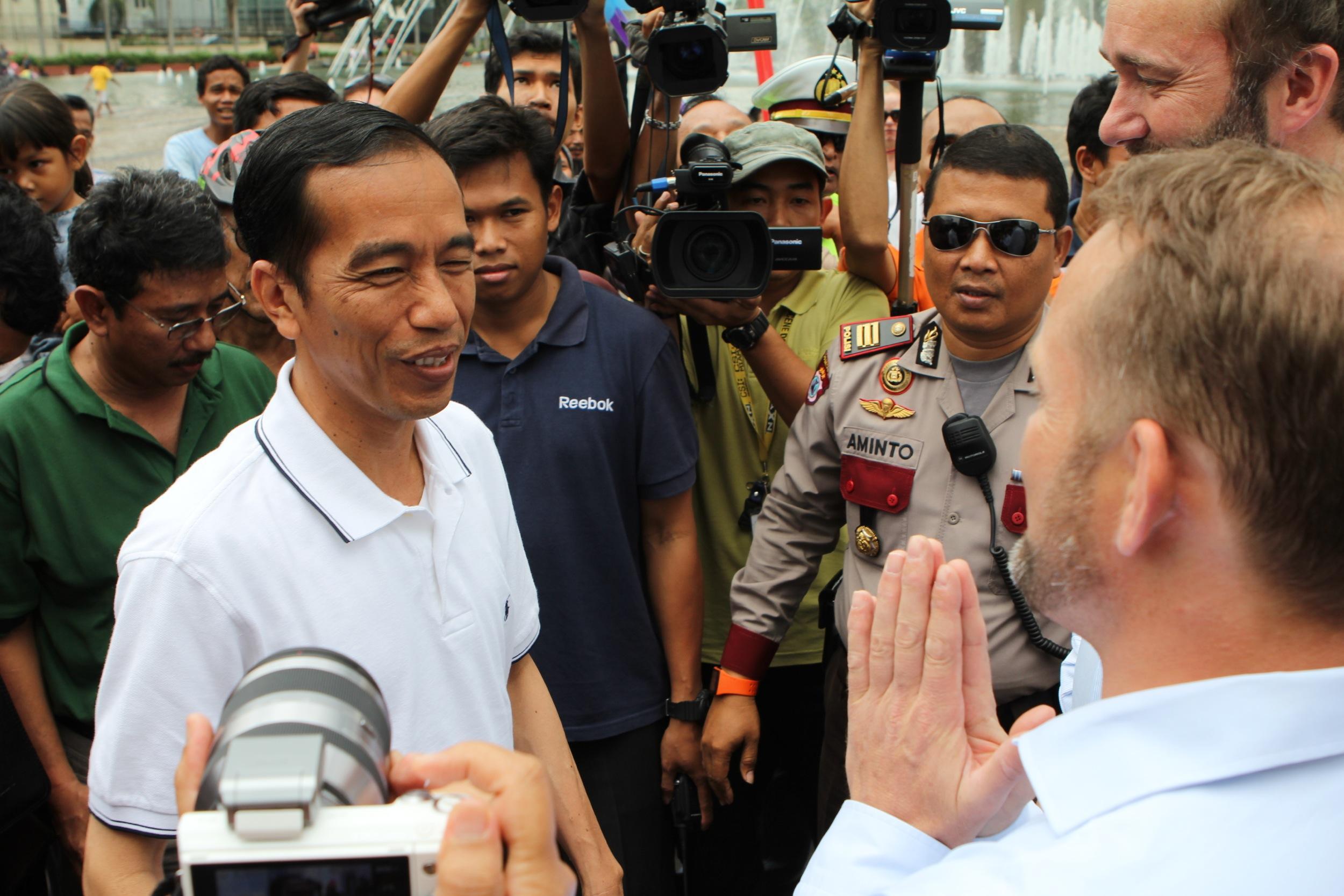


South Korea and the European Union (EU) are ‘like-minded partners’ who have strengthened their relationship over the past decade. Ranking as one of the lowest OECD countries regarding Gender Equality, the ROK has room for growth. The Gender Pay Gap and Online violence toward women are highly prevalent in South Korea. The upcoming digital partnership with the EU should consider this. This EIAS Policy Brief will analyse South Korea’s approach to gender equality while comparing it with the situation in the EU and identifying avenues for joint action and cooperation.

Two years after the entry into force of the Free Trade Agreement (FTA) between Vietnam and the European Union (EU), this EIAS Briefing Paper outlines the evolution of economic and trade relations between the two partners, identifying relevant sectors for future cooperation. Taking into account both parties’ climate ambitions, as well as Vietnam’s need to develop its energy infrastructure, the EU and Vietnam should collaborate more intensively to secure and incentivise sustainable European investments in Vietnam, facilitated by the FTA. Sharing its experience, the EU can contribute to determining an energy policy adapted to Vietnam’s needs and will.

EU-ASEAN diplomatic relations at 45, where are we at?

While the European Union (EU)’s trade relations with Indonesia have strengthened over the years, they have also seemingly come to a standstill. 11 rounds of negotiations for the Indonesia-European Union Comprehensive Economic Partnership Agreement (IEU-CEPA) have so far taken place without significant progress due to sticking issues, including trade disputes in palm oil and nickel exports.

The exclusive network environment, the distinct social media ecosystem and differences in culture and values pose a challenge for EU digital public diplomacy in China. Facing such challenges, how can the EUDC represent the EU more effectively on Chinese social media platforms, and apply the right communication channels?